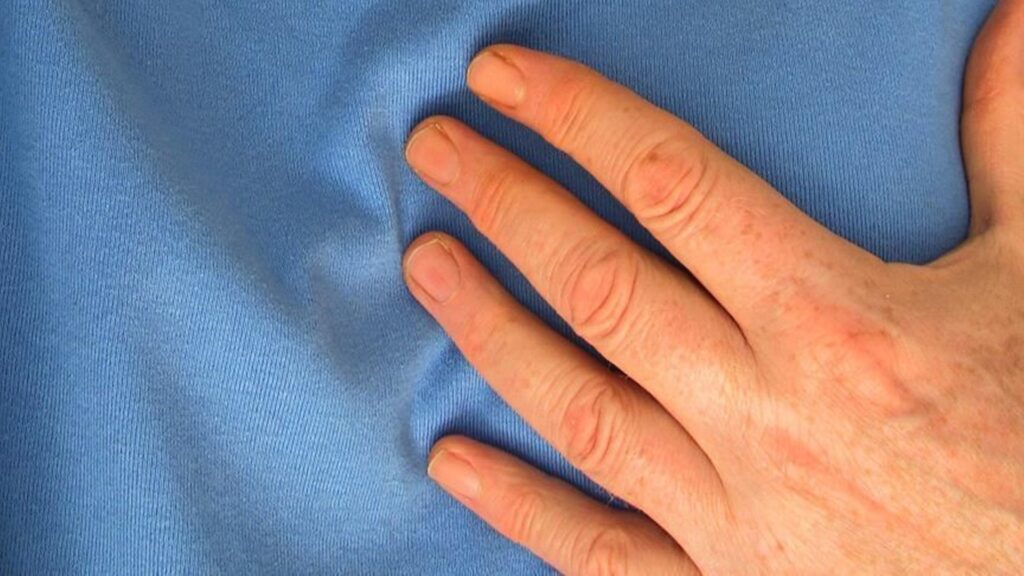Fasting not necessarily deteriorates health of heart patients when compared to those who are not fasting, says cardiologist
Heart patients can fast by observing a balanced diet and continue their medication without disruption, and even fasting once a month may reduce vascular stiffness, according to an expert.
Bilal Boztosun, who heads the cardiology department at Medipol Mega University Hospital in the Turkish metropolitan city of Istanbul, said heart patients who are fasting, compared to those who are not, do not necessarily experience a deterioration in their health.
“It is known that in heart patients who follow the rules of fasting, the disease does not progress differently during the Muslim holy month of Ramadan and there is no significant deterioration compared to non-fasting heart patients,” he said.
During Ramadan, the ninth month of the Islamic calendar, Muslims all around the world avoid eating from dawn until sunset.
Fasting can help hypertension patients reduce their blood pressure and lose weight provided that they continue their medications, the expert said.
“The important thing here is to consider fasting by considering cardiovascular health. That is, it should be continued without stopping one’s medications, and an appropriate nutrition program should be applied during iftar and sahur periods,” he added, referring to the fast-breaking dinner and the meal consumed before fasting begins at dawn, respectively.
Fasting benefits observed in healthy people
Boztosun said that in healthy people, some beneficial effects of fasting on health have been observed.
“In healthy individuals, good cholesterol levels rose during Ramadan and in the following few weeks compared to before Ramadan, and bad cholesterol levels known as LDL [low-density lipoproteins] dropped,” he said.
He stressed that insulin sensitivity rises with a restriction of one’s daily calorie intake in case of proper nutrition intake during iftar and sahur.
“Fasting for at least one day a month has been shown to reduce vascular stiffness,” he added.
Summer days can be difficult for heart patients
Fasting can cause problems for heart patients especially on hot and long summer days, Boztosun also warned.
“An extreme loss of liquids and salt can cause a sudden drop in blood pressure and blackouts. It may even lead to the progression of a heart attack and heart failure,” he added.
This situation is risky particularly for the elderly, Boztosun said, adding that fasting for patients with complaints of cardiovascular diseases such as chest pain, shortness of breath may be inconvenient.
He also advised patients with severe heart failure not to fast because of the risk.
“Patients receiving high doses of diuretics are inconvenient to fast especially in hot weather. Patients, who have rhythm disorder in their heart, resistant hypertension which means people have to use at least three high blood pressure tension medicine, should not fast,” he said.
Boztosun drew attention to patients who consume too much at sahur and iftar, which cause heart to beat faster and blood pressure to rise.
He said heavy meals can also raise blood clotting, which then increases the risk of a heart attack or stroke.
People should avoid carbohydrates after breaking fast
Reminding that consuming carbohydrates, sugary foods and oily food can cause serious problems, Boztosun said people should avoid those ingredients.
He recommended that instead of pastry dishes such as patty, baklava, cake, or cookies, it is necessary to consume vegetable dishes, beans, peas, chickpeas, and lentils.
“Heart patients should definitely take the decision to fast in consultation with a doctor following them and act accordingly,” he added.
Anadolu / Balkantimes.press
